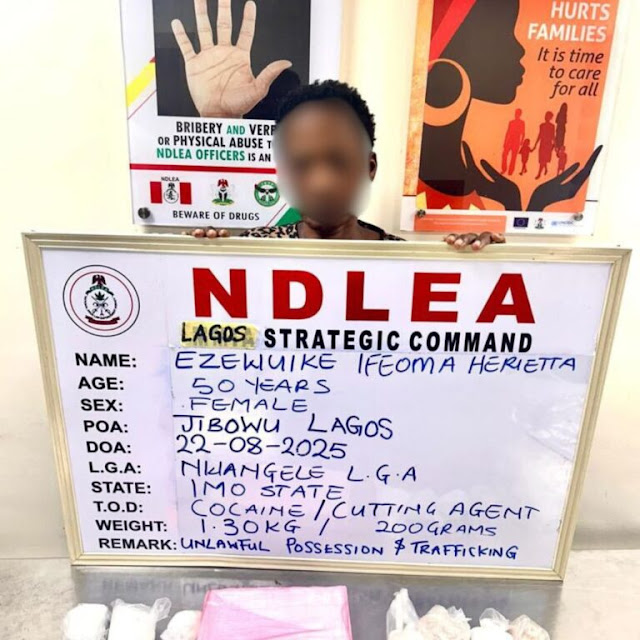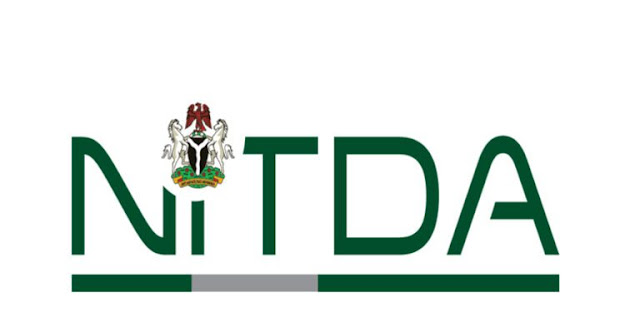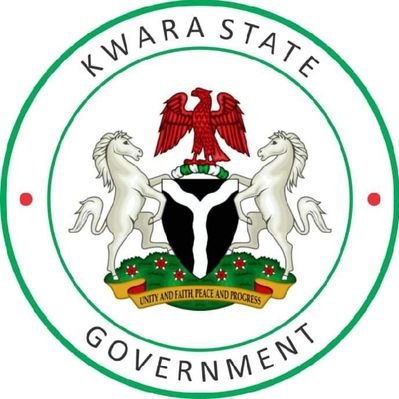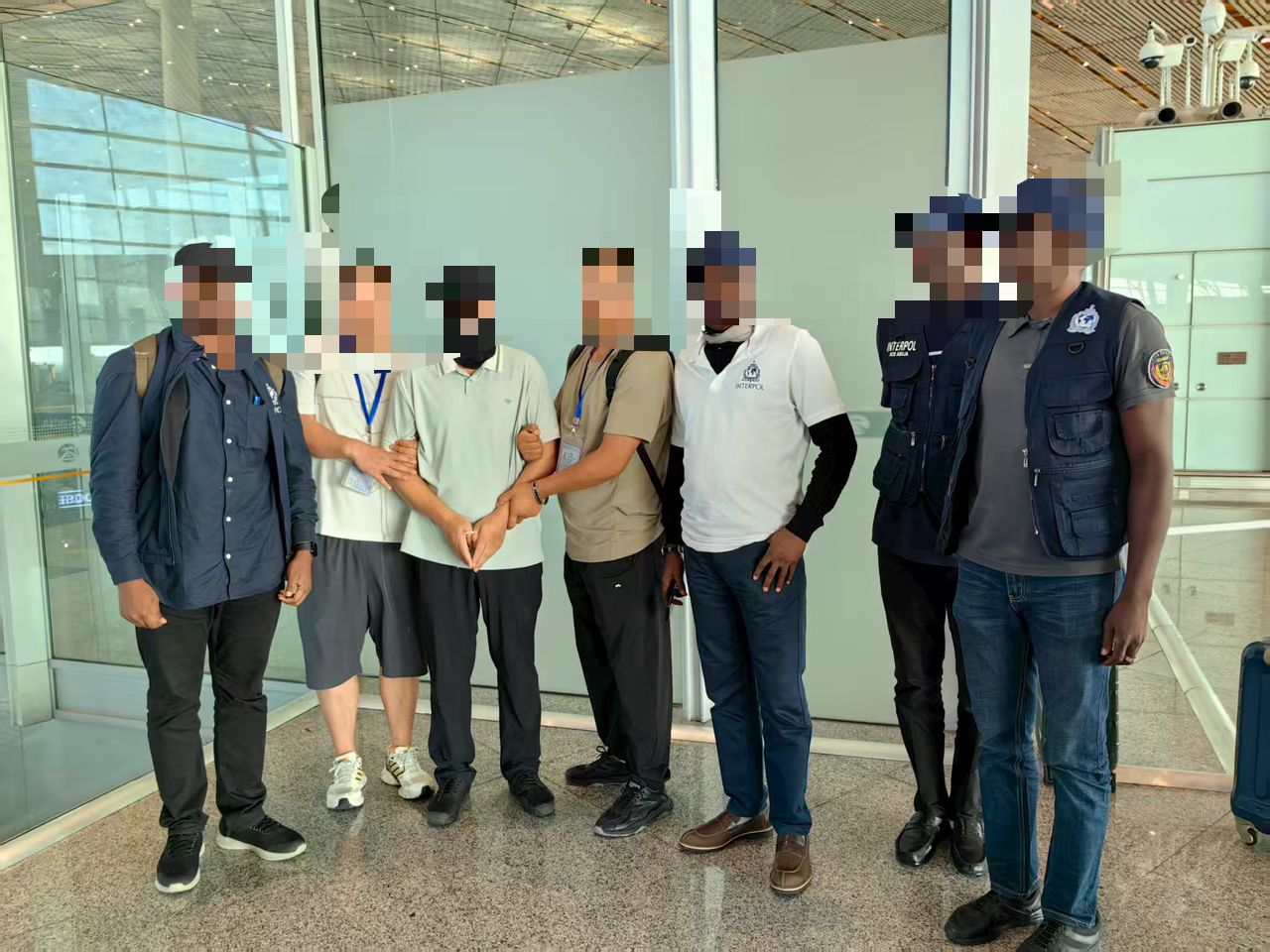LAGOS, Nigeria – August 25, 2025 – The National Drug Law Enforcement Agency (NDLEA) has intensified its fight against drug trafficking and abuse across Nigeria, with a series of high-profile arrests and seizures underscoring its commitment to dismantling illicit drug networks. In a striking case, the agency arrested 50-year-old widow Mrs. Ifeoma Henrietta Ezewuike in Lagos for attempting to traffic 1.3 kilograms of cocaine ingeniously concealed to resemble a pregnancy. This operation, alongside significant drug busts in multiple states, highlights the NDLEA’s relentless efforts to curb the growing menace of drug trafficking in Nigeria. The agency’s chairman, Brigadier General Mohamed Buba Marwa (Rtd.), praised the operatives for their diligence while emphasizing a dual strategy of robust enforcement and community-focused education to combat substance abuse. This report details the recent operations, their implications, and the NDLEA’s broader efforts to address Nigeria’s drug crisis.
A Daring Smuggling Attempt in Lagos
On Friday, August 22, 2025, NDLEA operatives apprehended Mrs. Ifeoma Henrietta Ezewuike, a 50-year-old widow and fashion designer, at a bus terminal in Jibowu, Yaba, Lagos. Ezewuike, the proprietor of Golden Star Creation fashion house, was intercepted while traveling to Abuja to deliver 1.3 kilograms of cocaine concealed to mimic a pregnancy. The audacious smuggling method, designed to evade detection, underscores the evolving tactics used by drug traffickers to bypass law enforcement.
Following her arrest, NDLEA operatives conducted a search of Ezewuike’s residence in the Ago Palace area of Lagos, uncovering an additional 200 grams of a cutting agent used in cocaine processing. During interrogation, Ezewuike confessed to taking over the illicit drug trade from her late husband, despite having run a successful fashion business for over two decades. Her admission highlights the complex motivations behind drug trafficking, including economic pressures and familial ties to the trade, even among seemingly successful individuals.
The arrest of Ezewuike is a significant blow to drug networks operating in Lagos, Nigeria’s commercial hub and a major transit point for narcotics. The NDLEA’s swift action demonstrates its capacity to detect sophisticated smuggling methods and underscores the importance of intelligence-driven operations in combating drug trafficking.
Nationwide Crackdowns: Major Drug Seizures
The NDLEA’s recent operations extend far beyond Lagos, with significant seizures and arrests reported across multiple states, reflecting the agency’s nationwide reach. On August 19, 2025, the NDLEA’s Directorate of Operation and General Investigation intercepted 90 parcels of “loud,” a potent strain of cannabis weighing 48.6 kilograms, hidden inside three cartons of imported kitchen sinks at a courier company in Lagos. This seizure highlights the creative methods traffickers employ to disguise drugs, exploiting legitimate supply chains to evade detection.
In Adamawa State, NDLEA operatives raided the home of wanted trafficker Idris Garba, who managed to escape arrest. However, his associate, 55-year-old Boniface Nnaji, was detained while attempting to flee. The operation yielded two vehicles and 354,480 tramadol pills, a significant haul of prescription opioids that have become a growing concern in Nigeria due to their widespread abuse.
In Kano State, the NDLEA arrested five suspects and seized over 450,000 opioid pills, including pregabaline capsules, tramadol, and 140 liters of codeine syrup. These substances, often abused for their psychoactive effects, have fueled a public health crisis in northern Nigeria, where addiction rates are rising among youth and vulnerable populations.
In Kogi State, operatives intercepted a trafficker at Idah waterside, en route from Anambra, confiscating 5,000 tramadol capsules, 400 ampoules of pentazocine, and 200 ampoules of diazepam. Along the Zaria–Kano Road, 29-year-old Adamu Yusuf was arrested with 7,000 tramadol capsules, further illustrating the scale of opioid trafficking in the region.
In Kwara State, three separate operations in Ajase-Ipo resulted in the seizure of 2,289.49 kilograms of skunk (a high-potency cannabis strain) and the arrest of five suspects, with three trucks impounded. In Delta State, NDLEA agents, supported by the military, destroyed 25,500 kilograms of skunk across four plantations in Ndokwa West Local Government Area, disrupting a major cannabis cultivation network.
Ondo State saw similar success, with 25,025 kilograms of skunk eradicated on three farms in Uso. In Edo State, 54-year-old Mrs. Fodo Stella Sunday was arrested with 901 kilograms of skunk stored in a warehouse, and an additional 14,233.37 kilograms were destroyed on plantations in Owan West Local Government Area. In Ekiti State, 96 kilograms of skunk were seized from two suspects in Ikere-Ekiti, while a joint operation with the Nigeria Security and Civil Defence Corps in Taraba State led to the destruction of 7,500 kilograms of skunk cultivated on three hectares of farmland in Bali Local Government Area.
These operations, spanning Nigeria’s diverse regions, demonstrate the NDLEA’s strategic focus on disrupting both the supply and production of illicit drugs. The seizures of cannabis, opioids, and codeine reflect the multifaceted nature of Nigeria’s drug problem, which includes both locally cultivated substances and imported narcotics.
The Broader Context: Nigeria’s Drug Crisis
The NDLEA’s recent operations must be understood within the broader context of Nigeria’s escalating drug crisis. The country is a major transit hub for narcotics in West Africa, with drugs like cocaine, cannabis, and opioids flowing through its ports, borders, and courier services. The United Nations Office on Drugs and Crime (UNODC) estimates that Nigeria accounts for a significant portion of the region’s illicit drug trade, driven by its large population, strategic location, and porous borders.
The abuse of prescription opioids, such as tramadol and codeine, has become a public health emergency, particularly in northern Nigeria. The National Bureau of Statistics (NBS) reported in 2025 that the misuse of these substances has contributed to rising addiction rates, with devastating social and economic consequences. Cannabis, particularly potent strains like skunk and loud, remains the most widely abused drug, with large-scale cultivation in states like Delta, Ondo, and Edo fueling the black market.
Economic pressures, including high inflation (21.88% in July 2025, per NBS) and rising fuel costs (diesel at ₦1,789.45 per litre), have exacerbated the drug crisis. Poverty, affecting 38.9% of Nigerians according to the World Bank, drives some individuals, like Mrs. Ezewuike, to engage in trafficking as a means of survival, even when they have legitimate businesses. The NDLEA’s operations highlight the intersection of economic hardship, organized crime, and public health challenges, underscoring the need for a comprehensive approach to drug control.
NDLEA’s Dual Strategy: Enforcement and Advocacy
Under the leadership of Brigadier General Mohamed Buba Marwa (Rtd.), the NDLEA has adopted a dual strategy of robust law enforcement and community-focused education to tackle drug trafficking and abuse. Marwa praised the agency’s operatives for their diligence and bravery, stating, “Our officers have shown remarkable commitment in disrupting drug networks across the country. I urge them to sustain this momentum while continuing our War Against Drug Abuse (WADA) advocacy drive.”
The WADA initiative has been a cornerstone of the NDLEA’s efforts to prevent drug abuse through education and community engagement. In recent weeks, the agency conducted sensitization programs in Islamiyya schools across Katsina and Kano States, targeting young people to raise awareness about the dangers of drug abuse. Advocacy visits to Governor Alex Otti of Abia State and His Royal Highness, the Andoma of Doma, in Nasarawa State, aim to strengthen partnerships with local leaders to promote drug prevention.
These efforts reflect the NDLEA’s recognition that enforcement alone is insufficient to address Nigeria’s drug crisis. By engaging communities, schools, and traditional leaders, the agency seeks to build a culture of resistance to drug abuse, particularly among youth, who are most vulnerable to addiction. “Prevention is as critical as enforcement,” Marwa said. “We must empower our communities with knowledge and support to reject drugs.”
Implications for Public Safety and Policy
The NDLEA’s recent operations have significant implications for public safety and national policy. The arrest of Mrs. Ezewuike and the seizure of large quantities of drugs disrupt major trafficking networks, reducing the availability of narcotics in communities. However, the scale of the seizures—over 50,000 kilograms of skunk, 450,000 opioid pills, and other substances—highlights the magnitude of the challenge, requiring sustained and coordinated action.
The operations also underscore the need for stronger border control and regulation of courier services, which are increasingly used to smuggle drugs. The interception of cannabis hidden in kitchen sinks at a Lagos courier company points to vulnerabilities in the logistics sector, necessitating stricter oversight and collaboration with private companies.
Economically, the drug trade undermines Nigeria’s development by fueling crime, corruption, and health crises. The NDLEA’s efforts to dismantle cultivation sites and trafficking networks contribute to economic stability by reducing the black market’s impact. However, addressing the root causes of trafficking, such as poverty and unemployment, requires broader policy interventions, including job creation and social welfare programs.
Stakeholder Reactions
The NDLEA’s operations have elicited widespread praise from stakeholders. The Nigeria Police Force commended the agency’s collaboration in investigations, with spokesperson Olumuyiwa Adejobi stating, “The NDLEA’s proactive approach strengthens our collective fight against crime.” Community leaders, such as Alhaji Musa Abdullahi in Kano, lauded the agency’s advocacy efforts, saying, “The WADA program is reaching our youth and giving them hope.”
However, some stakeholders called for more support for rehabilitation programs. “Arrests are important, but we need more centers to help addicts recover,” said Fatima Usman of the Consumer Rights Advocacy Network. Residents like Tunde Orshio in Lagos expressed relief at the crackdowns but urged the government to address economic factors driving trafficking.
Policy Recommendations
To build on the NDLEA’s successes, the following recommendations are proposed:
Strengthen Border Security: Enhance monitoring at ports and borders to curb drug inflows.
Regulate Courier Services: Implement stricter oversight to prevent the use of logistics companies for smuggling.
Expand Rehabilitation Programs: Increase funding for drug rehabilitation centers to support addicts.
Address Economic Drivers: Implement job creation and poverty alleviation programs to reduce trafficking incentives.
Scale Up Advocacy: Expand WADA programs to more schools and communities to prevent drug abuse.
Conclusion
The NDLEA’s recent operations, including the arrest of Mrs. Ifeoma Ezewuike and the seizure of massive drug hauls across Nigeria, demonstrate its unwavering commitment to combating drug trafficking and abuse. By targeting sophisticated smuggling operations and large-scale cultivation sites, the agency is disrupting the supply chain of illicit drugs. Simultaneously, its WADA advocacy drive is fostering community resilience against substance abuse. As Nigeria grapples with economic and social challenges, the NDLEA’s dual strategy offers a model for addressing the drug crisis, but sustained government support and broader policy reforms are essential to achieve lasting impact.








